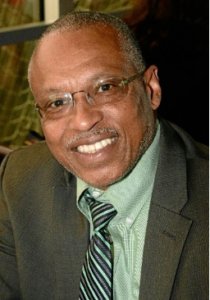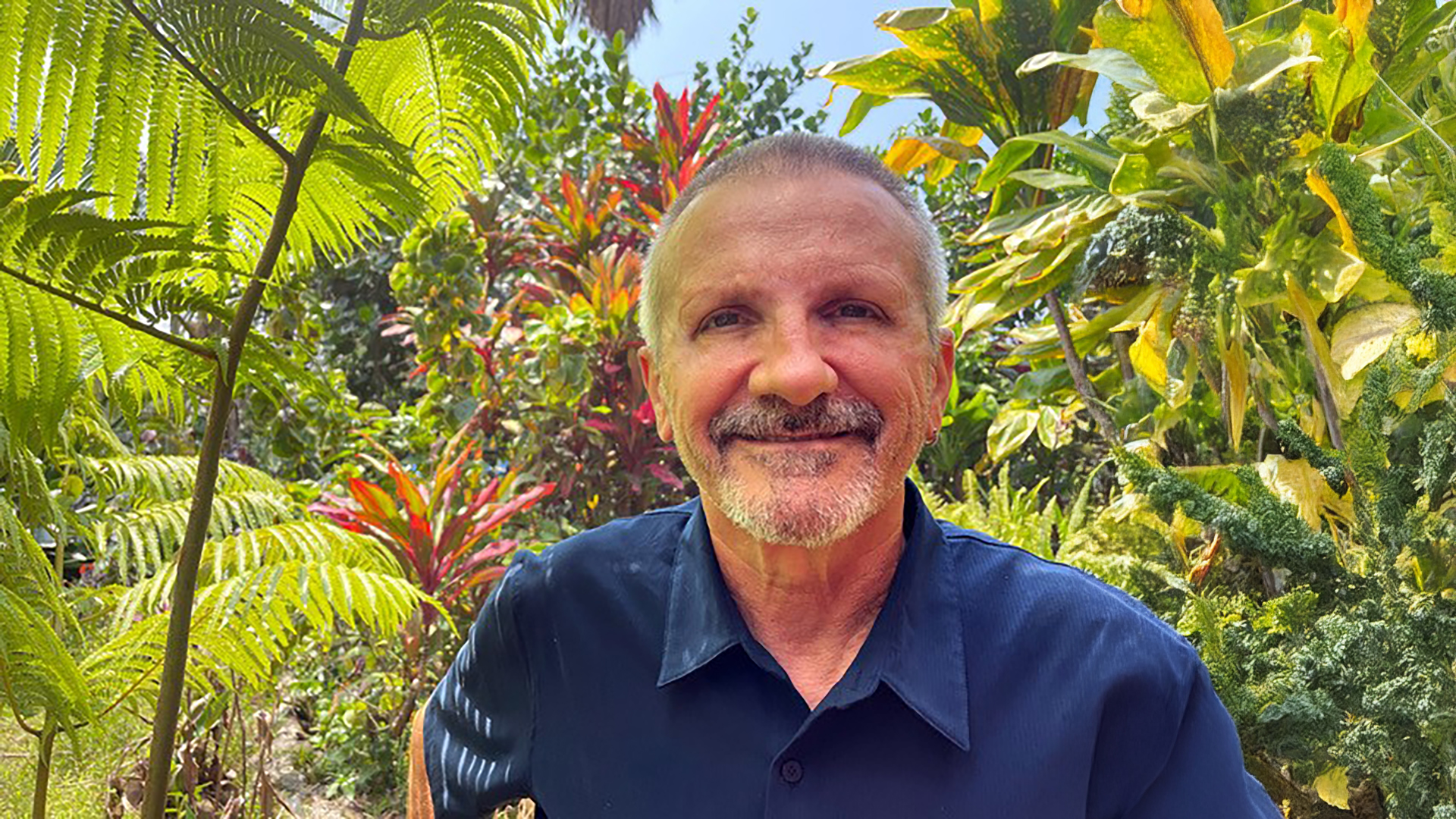BY Anthony f. Greene, PhD, Doctoral faculty
Clinical psychology, fielding graduate university
As a Black man and a psychologist, I thought it might be healthy for me to express my reflections on Black Psychology during Black History Month. While many of us laugh at the idea of Black History Month because we celebrate Black ALL YEAR LONG, we might also wonder why Black Psychology is something we have to seek out in the Association of Black Psychologists, or as a special topic in multicultural psychology. What is Black Psychology, after all? Is it applying the traditional psychological measures, constructs, and theories to Black people? Some would think so when they see a projective test revised to have a white, black and brown version. Or is it the study of theories by and about Black people? This definition is closer to the truth, though not exactly.
Baldwin (Kambon) defines it as such: “African (Black) Psychology: a system of knowledge (philosophy, definitions, concepts, models, procedures, and practice) concerning the nature of the social universe from the perspectives of African cosmology. Black psychology is nothing more or less than the uncovering, articulation, operationalization, and application of the principles of the African reality structure relative to psychological phenomena.”
Clearly, the central content of African-centered psychology is the recognition and explication of the manifestations of core foundations of “African reality.” These include principles based in the tenets of Ma’at, the ancient Egyptian goddess of truth, justice, harmony, and balance. They also include promotion of the principles of the Nguzo Saba, such as self-determination and cooperative economics. These core foundations also include the crucial expose’ by psychologists like Na’im Akbar of the pathologizing of Black people by judging them by Eurocentric standards, and providing an alternative nosology for understanding our mental health. Theories such as Linda James Myers’ Optimal Theory, which emerged from trying to understand what kind of mindset maintains White Supremist views and identifying non-western worldviews that could better reflect Black ideals. Optimal psychology emphasizes the interconnectedness of all living people and things, and the important role that one’s culture and spiritual nature can have in creating healthy mindsets. These are just a few that come to my mind when I think about Black Psychology.
So as I reflect on Black Psychology during Black History Month as a Black Psychologist, I feel very proud of what I am. I am immersed in non-Black psychology by virtue of service to the PWI’s and majority of non-Black individuals among whom I live and work. But just like I live Black History month all year, I live Black Psychology every day. I may use the language of the theories that I was taught in my non-Black education, but I also have a strong awareness of the core foundations of the “African reality” operating visibly in my world. I value the Association of Black Psychologists, the Journal of Black Psychology, and other spaces where Black Psychology is welcome. In connection and in service to all, Happy Black History Month!
About the Author
 Anthony F. Greene, PhD, (aka AGee) is a Clinical and Health Psychologist and is a faculty member in the Clinical Psychology doctoral program of Fielding Graduate University. He is licensed as a psychologist in Florida and received his doctorate in Clinical & Health Psychology from the University of South Florida in 1988. After obtaining his bachelor’s degree at the University of North Carolina at Chapel Hill in 1977, he received his Master of Arts in Physical Education from the University of Florida in 1979. Dr. Greene has published works in multicultural psychology and health psychology and is very active in local and professional organizations with a community service and social justice emphasis. His service to the Fielding Graduate University has included being a past Chair of the Senate Leadership Committee and as a Faculty Trustee on the Board of Trustees. His clinical and research interests include spirituality and health, youth violence prevention, multicultural competence, eco-psychology and mentoring. He has been an artist all of his life, and loves drawing, painting and other creative endeavors. He is a fun-loving person and is obsessed with all things green.
Anthony F. Greene, PhD, (aka AGee) is a Clinical and Health Psychologist and is a faculty member in the Clinical Psychology doctoral program of Fielding Graduate University. He is licensed as a psychologist in Florida and received his doctorate in Clinical & Health Psychology from the University of South Florida in 1988. After obtaining his bachelor’s degree at the University of North Carolina at Chapel Hill in 1977, he received his Master of Arts in Physical Education from the University of Florida in 1979. Dr. Greene has published works in multicultural psychology and health psychology and is very active in local and professional organizations with a community service and social justice emphasis. His service to the Fielding Graduate University has included being a past Chair of the Senate Leadership Committee and as a Faculty Trustee on the Board of Trustees. His clinical and research interests include spirituality and health, youth violence prevention, multicultural competence, eco-psychology and mentoring. He has been an artist all of his life, and loves drawing, painting and other creative endeavors. He is a fun-loving person and is obsessed with all things green.
Join Over 7,500 Fielding Alumni Located Around The World!
Change the world. Start with yours.™






Get Social